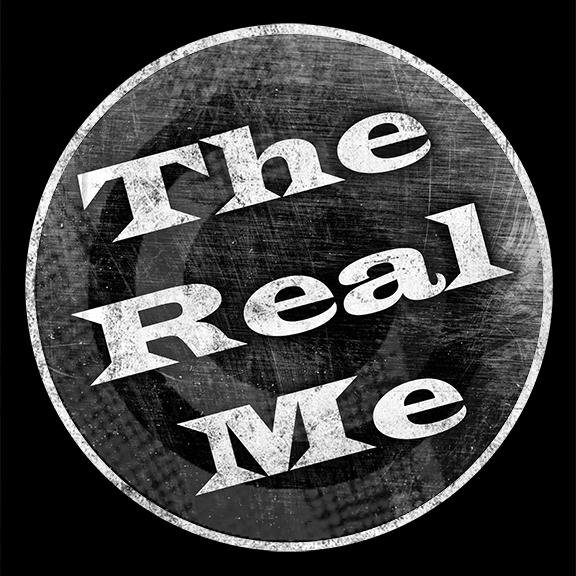A641.7.3.RB - Appreciating Your “Real Self”
When I look at the real me and the timeline which I have lived my life, I find there are several patterns with how I respond to change. With my lifeline, I did not really begin to live until 2003 when I turned 18, this was the starting point of my life where I began to make my own decision, I left home and joined the military. From there, I got married, had children, moved a few times, and finally settled down in Tennessee for five years. From 2003-2009 my life was on the go because we were a military family and we moved a lot. When I finally settled down and stayed put for five years, my timeline slowed down until I needed a change because I was “bored”. I started school in 2010 and I got a job a year later, I was sitting still for too long and needed to add to my life. I am often told I am a person always on the go, I don’t sit still long enough even if I am recovering from surgery, I can always find something to do. When I refer to being busy, it involves my husband and children, church life, sporting events, and a few social events.
This leads to my social circle, it is very small by choice because I don’t need multitudes of friends to live life. Over the years, I have stepped back from having a lot of friends and weeded through to keep a small number of reliable, dependable, trustworthy friends. In my web of life, I have several people who are dissonant but a majority I consider resonant. The few who are dissonant, I keep them at a distance because they are either family or coworker and I am obligated to keep them in contact with them. However, I keep them at an arm’s reach to prevent additional problems or further intensifying the strain on the relationship. There is a pattern of keeping people at a distance when there is conflict, I avoid conflict with anyone because it causes a lot of stress and I do not want to say something I will regret in the future. I avoid the conflict with these individuals because they are emotionally draining and the take away from who I am as a person and bring out the worst in me.
However, my strengths that I rely on are compassion, forgiveness, perseverance, willingness, self-control, and faith. Although I avoid and stand clear of a few people in my direct social circle because I dislike conflict, I do try to use my strengths to work with these individuals because I will cross many people like this in my lifetime. I often forgive repeatedly because I feel it is important to forgive other’s because if I make a mistake I will want to be forgiven as well. I use self-control by not saying what I feel in a moment of frustration with those I keep at a distance when I am angry.
Finally, I wear many hats which include being a wife, mother, friend, daughter, sister, youth sponsor, coach, granddaughter, an accountant at home, veteran counselor, aunt, advocate for my children, and a child of God. Each of these roles is important and valuable to my life when one changes, I take on another. I value the roles I take on and I work hard at each one because they are my driving force and motivation for life. I work hard with everything I do give 100% even when I do not want to mentally but I persevere through challenges.
